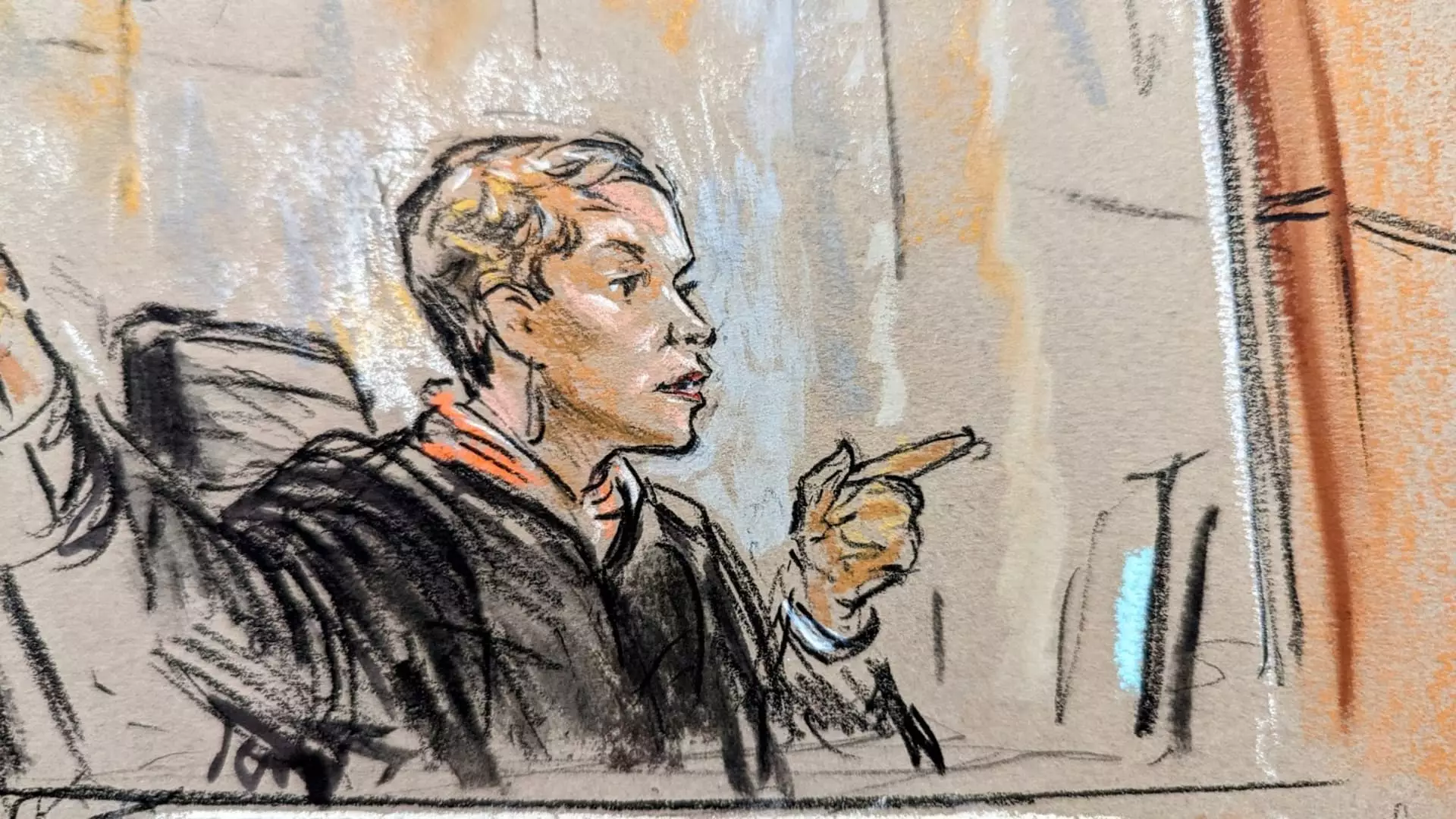In the ongoing legal saga surrounding Donald Trump, recent developments have shed light on the intense and often adversarial relationship between the former president and the judicial system. The most recent point of contention involves U.S. District Court Judge Tanya Chutkan, who presides over Trump’s election interference case. Trump’s accusations against Chutkan, labeling her as “the most evil person,” underscore a broader theme of political perception in the American judicial process.
To understand the gravity of Trump’s accusations, one must first appreciate the context of the legal proceedings. Trump faces charges related to his alleged efforts to overturn the results of the 2020 presidential election, a monumental task that culminated in the Capitol riot on January 6, 2021. The prosecution, led by special counsel Jack Smith, has amassed a substantial amount of evidence, some of which was sealed until recently. Judge Chutkan’s decision to unseal nearly 1,900 pages of documents has been interpreted by Trump as a strategic maneuver to undermine his campaign leading up to the November presidential election, which pits him against Democratic nominee Kamala Harris.
In a striking assertion during a podcast appearance, Trump accused Judge Chutkan of intentional malice. He expressed disbelief over her decision to release the documents shortly before the election, framing it as an act of election interference. This claim was vehemently countered by Chutkan, who argued that withholding information from the public purports a greater risk of undermining electoral integrity. Her perspective emphasizes that public access to judicial proceedings is essential in a democracy, a viewpoint rooted in the belief that transparency fosters trust.
The judge articulated her stance in a concise order, stating that delaying the release of these documents solely for political reasons could itself appear to be a form of election interference. This marks a significant assertion about the ethical obligations of the judiciary in politically charged environments. Chutkan’s order underscores the necessity of maintaining a clear distinction between judicial proceedings and electoral politics.
The Undercurrent of Political Rhetoric
Trump’s persistent characterization of the judiciary, particularly Judge Chutkan, reflects a broader trend of political rhetoric that permeates his defense strategies. Rather than addressing the substantive legal issues at play, Trump’s arguments tend to pivot towards accusations of political bias and unfair treatment. This approach, criticized by Chutkan herself, risks trivializing the gravity of the legal framework within which this case operates. The judge noted that such rhetoric is not only unhelpful but also unbecoming of legal representatives in serious judicial proceedings.
It is important to consider how this dynamic affects public perception. By framing the legal challenges as politically motivated assaults, Trump seeks to galvanize his supporters while eroding trust in judicial authority. This tactic has the potential to alter how legal proceedings are perceived in the public sphere, blurring the line between justice and political maneuvering.
Implications of the Legal Decisions
Judge Chutkan’s rulings will have significant implications for the trajectory of Trump’s campaign and his legal strategy. As the trial unfolds and more evidence is presented, the critical question remains: How will public opinion sway in response to the judicial process? Chutkan’s actions, described by Trump as “evil,” might invite scrutiny, but they also serve a crucial function in maintaining the seriousness of the legal proceedings against the former president.
Trump’s criticism of the judge and his framing of the legal proceedings as politically charged are bound to resonate with a portion of the electorate. However, this situation brings to light the challenges faced by the judicial system in navigating the complexities of politically charged cases. The judiciary is tasked not only with delivering justice but also with preserving its credibility amidst allegations of bias.
The confrontation between Donald Trump and Judge Tanya Chutkan embodies a larger narrative about the intersection of law and politics in contemporary America. As Trump continues to wield accusations of bias, the implications for judicial integrity and public trust will be profound. The legal battles ahead will not only shape the trajectory of Trump’s candidacy but also test the resilience of a system that strives to uphold justice amid growing political polarization.


Leave a Reply